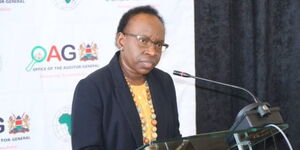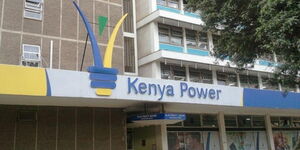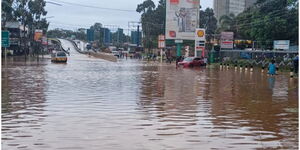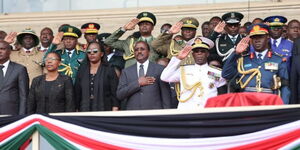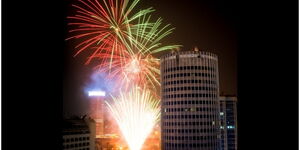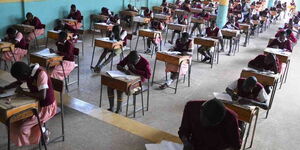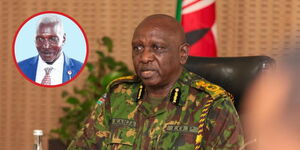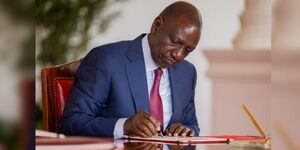The Kenya National Examinations Council (KNEC) has issued a public alert regarding fake exam papers that are currently circulating on social media.
In a statement released on Friday, 5 September, the council urged students and parents to remain vigilant ahead of the Kenya Certificate of Secondary Education (KCSE) and Kenya Junior Secondary Education Assessment (KJSEA) national exams in October.
“Please take note that these question papers doing the rounds on social media are not from KNEC. Do NOT be deceived! Stay alert!” the statement read.
The fake papers claimed to be from KNEC and included KJSEA English, Mathematics (Grade 9 KJSEA-2025), KJSEA Christian Religious Education (Code 908)-2025, and KJSEA Kiswahili (Msimbo 902)-2025.
The alert comes as KNEC prepares to administer the KJSEA to Grade 9 students.
This will be the final assessment of the junior school cycle, with the national assessment scheduled for October 2025.
According to KNEC, the correct information on examinations, including sample papers and timetables, is only available on the official KNEC website.
“In accordance with the prescribed standards and best practice in educational assessment, KNEC uploaded sample papers for the inaugural Kenya Junior Secondary Assessment (KJSEA) on January 20, 2025.”
Also Read: KNEC Changes 2025 KPSEA and KJSEA Answer Format
“The sample papers, which are developed and disseminated by KNEC for free through the KNEC website, are designed in the format to be used for the KJSEA to be administered in October 2025,” the statement reads.
In a statement issued on June 19, 2025, KNEC said the purpose of the sample papers was to help junior schools familiarize candidates with the format of the questions and the instructions for each subject.
KNEC also informed students that from 2025, they will be required to shade their responses instead of drawing lines as done previously.
“KNEC wishes to inform you that the design of the Optical Mark Reader (OMR) answer sheets for both KPSEA and KJSEA has been reviewed for 2025. In this regard, candidates will be expected to shade their responses, unlike in the past, when they would be required to draw lines,” KNEC added.

